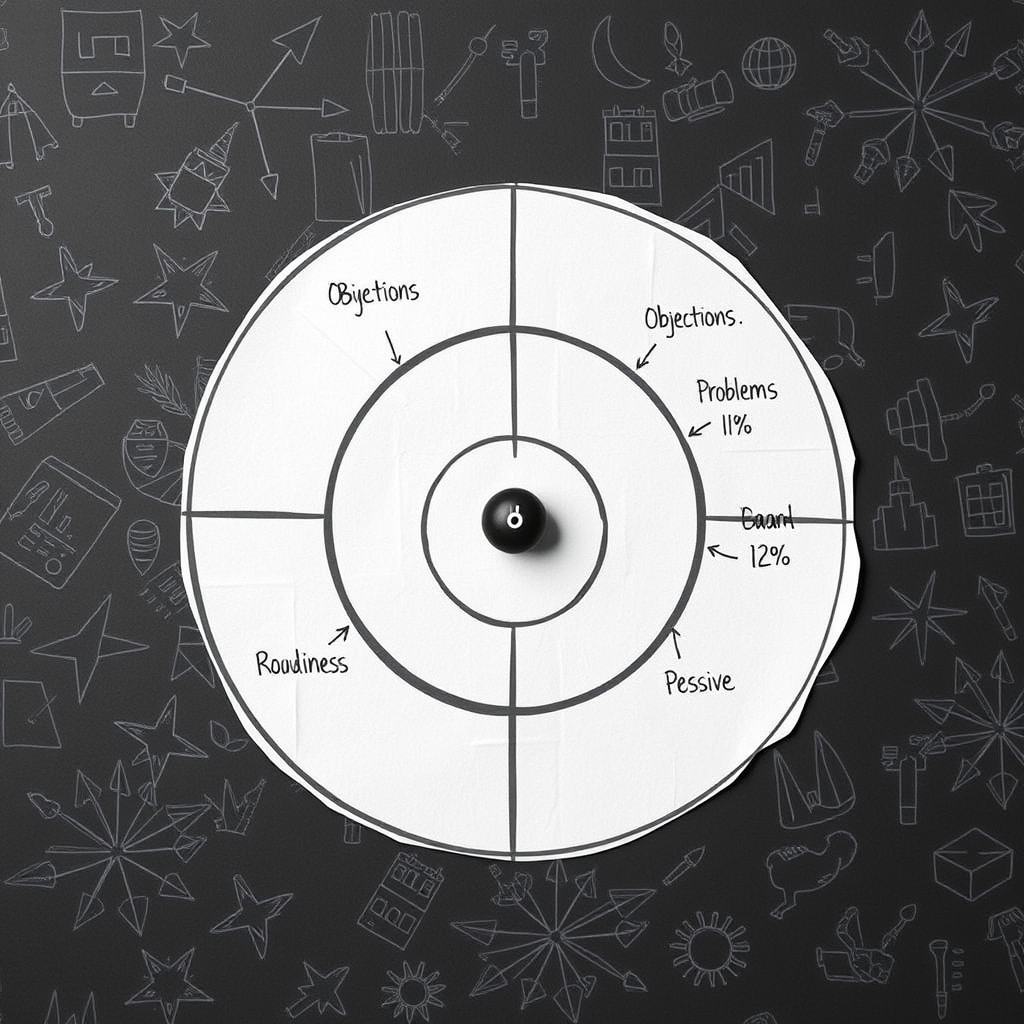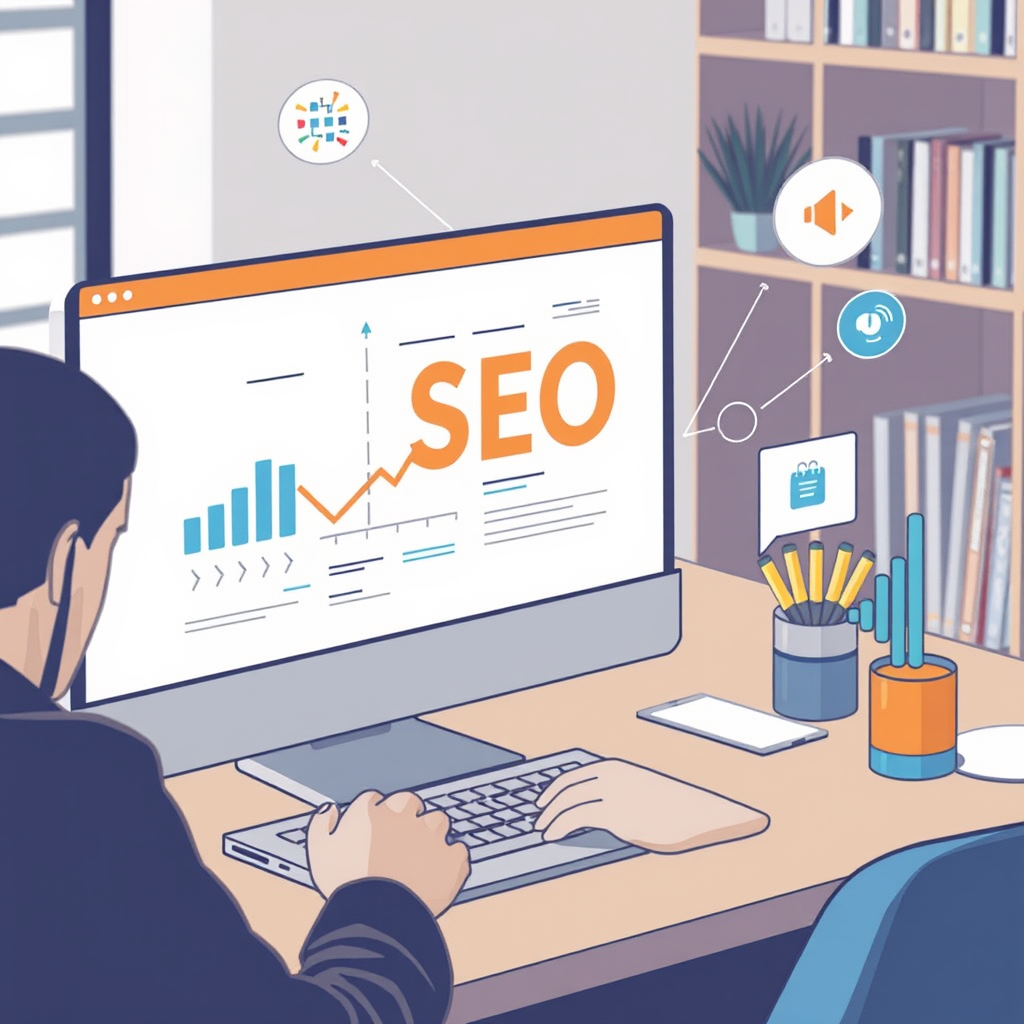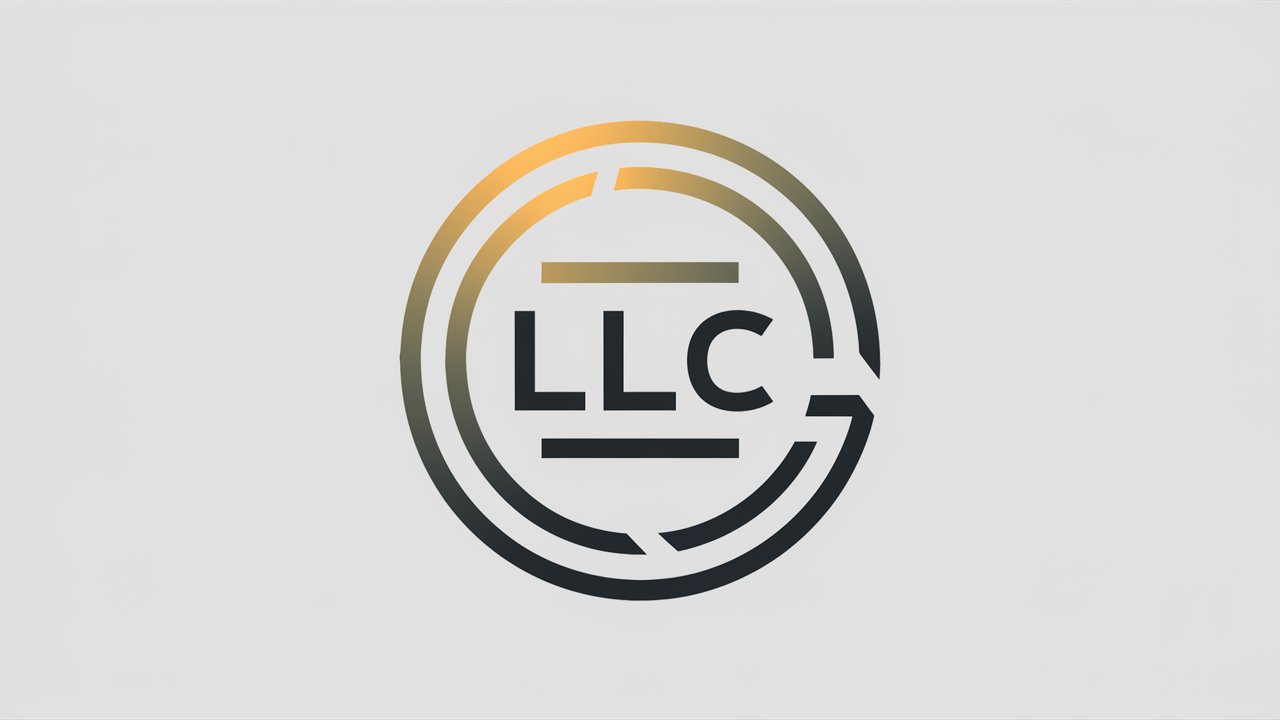SEO Content Strategy
Now, it is rather crucial to have a specific and well-planned SEO content strategy if you want to get visitors from the search engine’s organic list. But what does it actually mean and how to create such a strategy that would be successful and unique in the overloaded market? In this article, you get all the details and tips on how to develop a winning SEO content strategy including defining your target market and analyzing your performance.
Why Is SEO Content Strategy Important?
This reveals that without a proper team that comprises an SEO content strategy, content creates a blanks in the sea of the internet. If done right, therefore, your content will appear on the top of the search queries, attract more traffic to your website and engage users.SEO Content Strategy
The Key Components of an Effective Strategy
SEO content strategy involves understanding keyword, creating, optimising and analysing SEO content. The main objective is to produce content that has a high rank in search engines and that will also provide relevant information to the readers/viewers.
Understanding Your Audience
Before embarking on any SEO content, it is essential to consider your target audience, the following are the fundamental; Who are they? In this case, the easiest question to answer is this one: What are the client’s pain points These depend on the specific nature of the client’s needs and the goals they or the organisation seek to achieve through hiring the consultant. What solutions of what kind are they searching for? These are all things that you would have to determine to create content that would be relevant with them.SEO Content Strategy
Creating Audience Personas
Drawing more refined pictures of your target market will assist to grasp their requirements. Such personas should have detailed demographic information, objectives, and problems as well as favorite kinds of content.

Keyword Research to Match Audience Needs
However, after you have identified your target market you can proceed and start using keywords to see what your audience is looking for. The keyword that they should be targeting should be in line with their queries and they can use Google Keyword Planner or Ahrefs.
Conducting In-Depth Keyword Research
What Are Keywords and Why Are They Important?
It must be noted that Keywords are the terms and phrases that users enter into the search engines when in search of information. They are the foundation of SEO and assist the search engine to identify the content of your page.SEO Content Strategy
Types of Keywords (Short-Tail, Long-Tail, etc.)
There are different types of keywords:
- While long-tail keywords as more specific phrases (e. g., ‘SEO tips for beginners’.
- Keywords target specific and often longer phrases (e. g., “how to develop an effective SEO content”).
Tools for Effective Keyword Research
Several tools can help you with keyword research, including:
- Google Keyword Planner
- Ahrefs
- SEMrush
- Moz Keyword Explorer
Each tool provides insights into keyword search volume, difficulty, and competition, which are vital for prioritizing your focus.
Competitor Analysis
Analyzing Competitor Content
Exploring your rivals’ content will at least show you what has been successful in your niche. Analyse what kind of content they serve to their audiences the most; what they consider to be their homepage, and what keywords they are interested in.SEO Content Strategy
Gaps in Competitor Strategy
The missing element: Recognise the areas where competitors are failing to take advantage of the available opportunities. This could be in areas such as hitherto ignored long-tail keywords or relatively Lncomplete content.
Opportunities for Improvement
There’s always more information that you can give to a topic, more images or graphics that can be added, or a different way of approaching a topic that has not been taken by a competitor.SEO Content Strategy
Content Creation and Optimization
Crafting High-Quality, Engaging Content
This is the reason that every content that you produce must serve the purpose of being valuable to the reader. Write in a friendly manner, avoid leading with the jargon, and your content should be prescriptive.
On-Page SEO Best Practices
On-page SEO refers to optimizing individual web pages to rank higher and earn more relevant traffic. Important elements include:
- Title tags
- Meta descriptions
- Header tags
- Alt text for images
- URL structure
Content Formatting for Readability and SEO
This means that the content has to be well structured in order to help with the SEO. Subdivision into bullet points and short paragraphs should be avoided and instead one should use subheadings where necessary. Also, it is necessary to use the keywords properly throughout the text, instead of just ‘filling them in’ occasionally.SEO Content Strategy
Incorporating Multimedia in SEO Strategy
Why Visual Content Matters
The usage of images, videos, and infographics generally increases the user engagement and the amounts of time that is spent at the specific page. Google has user experience as one of the ranking signals hence making the use of visual content in SEO crucial.

Optimizing Images and Videos for SEO
Make sure your pictures and videos are optimized through how they are named in tags and alts, and through compression to improve the page’s loading time.SEO Content Strategy
Internal and External Linking Strategies
Importance of Internal Links
Internal linking enables the search engine to crawl and understand the structure of your website and also helps in case of bounce rate where this links them to the next related articles or pages to read.SEO Content Strategy
How to Build Quality Backlinks
Link popularity particularly the backlinks from other popular websites are important in ranking. Build relationships with keys [sic] stakeholders, get them to contribute together with you on contributions, and generate content that will be re-shared to get quality backlinks.
Measuring and Analyzing Performance
Key Metrics to Track
Some of the KPIs to use when evaluating the strategy include the natural traffic, Bounce rate, average session duration, and conversion rate.
Tools for Performance Analysis
If it comes to measure website performance, one cannot go without tools such as Google Analytics and Search Console. Further, there are a number of SEO tools available in the market to measure the website performance which includes semrush and ahrefs.SEO Content Strategy
Adapting Your SEO Strategy Over Time
Keeping Up with Algorithm Changes
SEO is constantly evolving. Google changes its algorithm regularly and the only way to be successful for the long-term is to be aware of such changes.
Continuously Updating Your Content
Another to benefit from the updated content is the improvement of over optimized keywords. From this perspective, ensure that older blog posts are updated with current information, more light shed on them and that their SEO tactics are optimized again.SEO Content Strategy
Conclusion
Another thing which cannot be ignored is that a good SEO content strategy is a long-term process. If you or somebody near you knows your audience and does good keyword research, plus constantly tweaking the content, you can do wonders to a website. The last point to note about SEO is that it is more of a long term investment that if managed properly the returns will be substantial.
FAQs
What is the role of SEO in content marketing?
SEO is particularly important in ensuring that the content you produce is optimizable for the search engine hence easily noticeable and marketable.SEO Content Strategy
How often should I update my SEO strategy?
Some of the guidelines that need to be followed while working on SEO are: Review and revamp your SEO plan at least every 3-6 months Or at changes in the algorithms.
Can SEO be successful without content?
Actually, SEO cannot work without good contents because it depends on ranking in the search engine. Indeed, it is problematic to work on the links or think of keywords when content is scarce.
What are the best tools for SEO content optimization?
Some of the most commonly used tools are the Google Analytics, Ahrefs, SEMrush, Moz, and Google Search Console.
How long does it take to see results from an SEO content strategy?
SEO is a long-term game, and usually it takes 3-6 months of continuous efforts to experience sustainable results.


